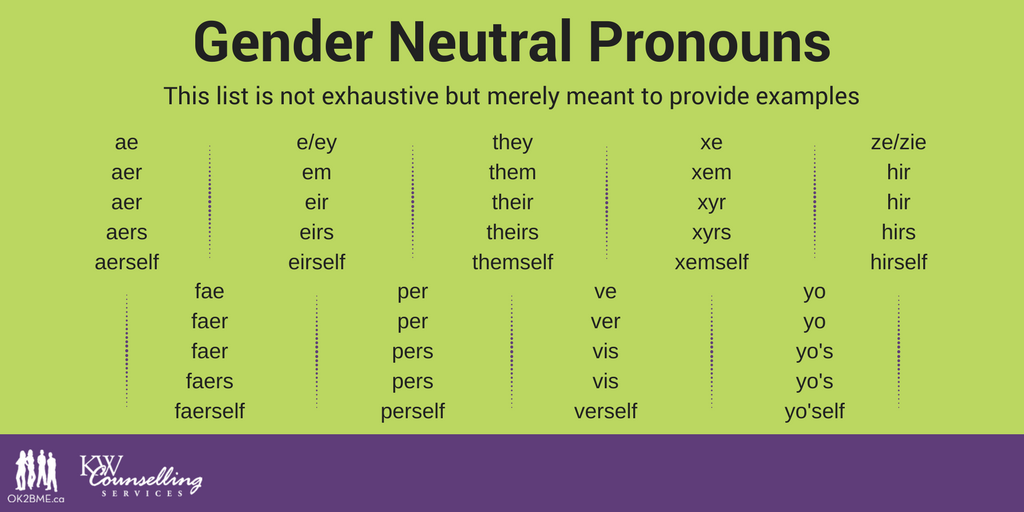Sacramento, California – June 21, 2024– Gender-affirming care is a gamut of care that includes “social, psychological, behavioral, and medical interventions designed to support and affirm an individual’s gender identity” (World Health Organization). There are four distinct types of affirming care, which include social affirmation, puberty blockers, hormone therapy, and gender-affirming surgeries. A person may not require the full scope of care and may feel fulfilled with just the social aspect of it. While others may encounter gender dysphoria living in their bodies and need puberty blockers, hormone therapy, and/or gender-affirming surgeries.
Social Affirmation can be anything from “adopting gender-affirming hairstyles, clothing, name, pronouns, restrooms, and other facilities”. Puberty Blockers are when you use certain types of hormones to pause pubertal development while Hormone Therapy is when you give testosterone hormones to those assigned female at birth or estrogen hormones to those assigned male at birth. Gender-Affirming Surgeries can be “facial feminization or other procedures”, “‘Top’ surgery – to create male-typical chest shape or enhance breasts, and “Bottom” surgery – surgery on genitals or reproductive organs” (Abshire).
It is important to be mindful of people’s pronouns and practice using them. A person’s pronouns are their identity and how they express themselves. Assuming someone’s pronouns by how they look, dress, or talk can be detrimental to a person’s mental health and safety. Everyone has their preferences, and asking instead of assuming is the best way to be respectful to that person. There are many different pronouns people use and some are more widely known such as she/her/hers, he/him/his, they/them/theirs. Neopronouns may be more unfamiliar and may look like the following:
(Williams, Scott. “Gender Neutral Pronouns.” OK2BME. 8/15/2017)
Expressing yourself the way you want to can be intimidating and scary, especially if it goes against the grain. We live in a society that predominantly follows a gender binary system. Fear of the unknown and failure to understand or make space for the lived experiences of Two-Spirit, Transgender, Non-Binary, and Intersex people is hurting our society and the well-being of our Two-Spirit and Gender Expansive relatives. According to the Human Rights Campaign Foundation, they found “41% of transgender and gender-expensive youth report their family NEVER uses their chosen name. 13.1% of transgender and gender-expensive youth NEVER dress/ express their gender identity at home. And 49.5% of transgender and gender-expensive youth report their family NEVER uses correct pronouns.” The article also states, “The average age transgender and gender-expansive youth realized they were something other than cisgender is 12 ½ years old. 4.3% realized at age 5 or younger. 58.6% realized at age 13 or younger.” For more information, please follow the link below.
2023 LGBTQ+ Youth Report – HRC Digital Reports
There are many ways to provide emotional, social, and psychological care. One way to support people wanting to come out to their family and friends is by counseling. Coming out to others as Gender Expansive can be difficult if your family or peers have never shown support for the 2SLGBTQIA+ community. For your inner circle to have a better understanding of what Gender Expansive people go through, counseling can be a good way to mediate and help break down barriers. It can help those willing to support you learn new tools to continue that support and be good allies. With the internet being as big and informative as it is now, there are so many resources at your fingertips as well! Find and share them. There are also huge online communities through apps like Discord where it’s easy for people to find one another and create safe spaces. A different way to support the community is looking to social or physical transition, is by helping them find a speech therapist. Speech therapy can help a person match their vocal characteristics to their gender identity. These are all great ways to support a person coming into themselves and coming out to community. However, the best support will always be to tell them you love them no matter what. Show up for them and show your support through acts of kindness, being there for the good times, but especially the tough and turbulent times. Be their go-to person and create a real-life safe bubble where they aren’t afraid to be themselves.
The Native community recognizes and honors LGBTQ people as “Two Spirit,” and it is part of SNAHC’s tradition to be a welcoming environment for all sexual orientations and gender identities. SNAHC provides excellent, comprehensive health care for transgender patients at all stages of transition. SNAHC realizes that the total care of transgender patients is not dependent upon just good medical care, but the need to create a “safe harbor” by creating an understanding and welcoming environment. As a member of our Health Home, you will receive primary care and hormone therapy services from your primary care provider, along with easy access to Dental, Behavioral Health, and Vision services with culturally competent and sensitive provider teams. Our provider support teams can also help transgender patients access advocacy services and help prepare, support, and transition patients into surgery resources. Call (916) 341-0575 to schedule an appointment with your primary care provider.
Sacramento Native American Health Center is a non-profit 501(c)(3) Federally Qualified Health Center committed to continue and share the legacy of a healthy American Indian / Alaska Native community based on cultural values delivered through a traditional, innovative and accessible patient-centered health home. SNAHC offers primary care, oral health, behavioral health, specialty, and supportive services in Midtown and South Sacramento plus a school-based health center. We are open to all, and all are welcome. For more information on SNAHC, visit www.snahc.org or call 916-341-0575 for an appointment.
Uncategorized
